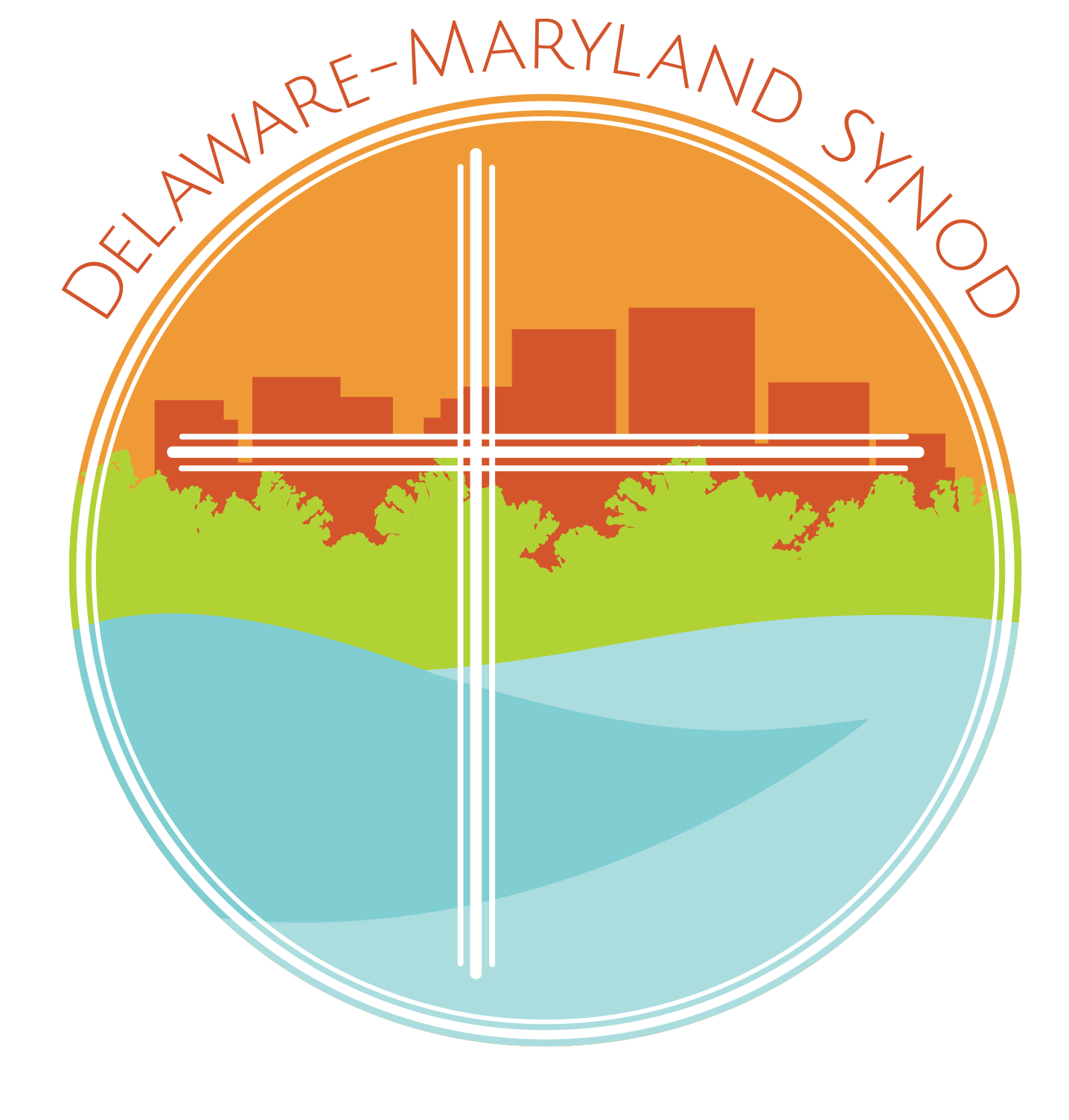by Bishop Bill Gohl
You are precious in my sight, and honored, and I love you…do not fear, for I am with you. – Isaiah 43:4-5, selected
International attention to the COVID-19 Corona Virus has raised a number of questions across our synod about safely assembling for education and worship. Our Evangelical Lutheran Church in America Worship Team, headquartered in the Presiding Bishop’s Office, has updated a resource titled “Worship in Times of Public Health Concerns.”
While I don’t wish to add to a sense of panic or pass myself off as expert in matters that we would do well to gather information from sources like the Centers for Disease Control and Prevention; it does seem right and salutary that our clergy and lay leaders should be proactive to be well-informed of the situation in their local areas and to examine worship practices with regard to the spread of pathogens, perhaps making small changes that would help alleviate the anxiety of the gathered assembly. Now is also a good time to make plans in case circumstances change: a pre-prepared prayer service bulletin and devotion that could be shared if a clergy person becomes ill; a protocol for checking in with people who are absent from worship; making provision for streaming connection to the worshipping community – or recommending other streaming communities to those who make the decision to stay home.
The three most critical suggestions that I believe would be easily implemented:
- Encourage people to stay home when they are sick, including clergy, please.
- Leverage this moment to teach people about consent with regards to touching. In our synod there are many practices of touching – at the Peace, sometimes holding hands for the Lord’s Prayer, etc. I believe this is an opportunity to teach people that there are perfectly legitimate ways to participate in the liturgy without physical contact with others. Teaching people to ask before presuming touch, and respecting that there are many reasons why others might not wish to participate in touching, would be a blessing in the midst of the outbreak, and long beyond.
- Encourage frequent handwashing with soap and warm water, and not perpetuate the false sense that hand sanitizer is as effective a substitute.
Apart from that, I encourage us to be thoughtful about dramatic communion practice changes; largely because they are hard to reverse – and how does one decide the timing of returning to previous practices? An assurance that the fullness of the holy communion is received in either element, and even in the very words of distribution – given for you, shed for you – would be good catechesis in the midst of panic about the sharing of the sacrament.
Corporate worship is an essential response to a health crisis; the community gathering around Word and Sacrament is an important sign of hope in the midst of fear.
But now thus says the Lord, he who created you, O Jacob, he who formed you, O Israel: Do not fear, for I have redeemed you; I have called you by name, you are mine. When you pass through the waters, I will be with you; and through the rivers, they shall not overwhelm you; when you walk through fire you shall not be burned, and the flame shall not consume you. For I am the Lord your God, the Holy One of Israel, your Savior. I give Egypt as your ransom, Ethiopia and Seba in exchange for you. Because you are precious in my sight, and honored, and I love you,
I give people in return for you, nations in exchange for your life. Do not fear, for I am with you; I will bring your offspring from the east, and from the west I will gather you; I will say to the north, “Give them up,” and to the south, “Do not withhold; bring my sons from far away and my daughters from the end of the earth – everyone who is called by my name, whom I created for my glory, whom I formed and made.” – Isaiah 43:1-7

